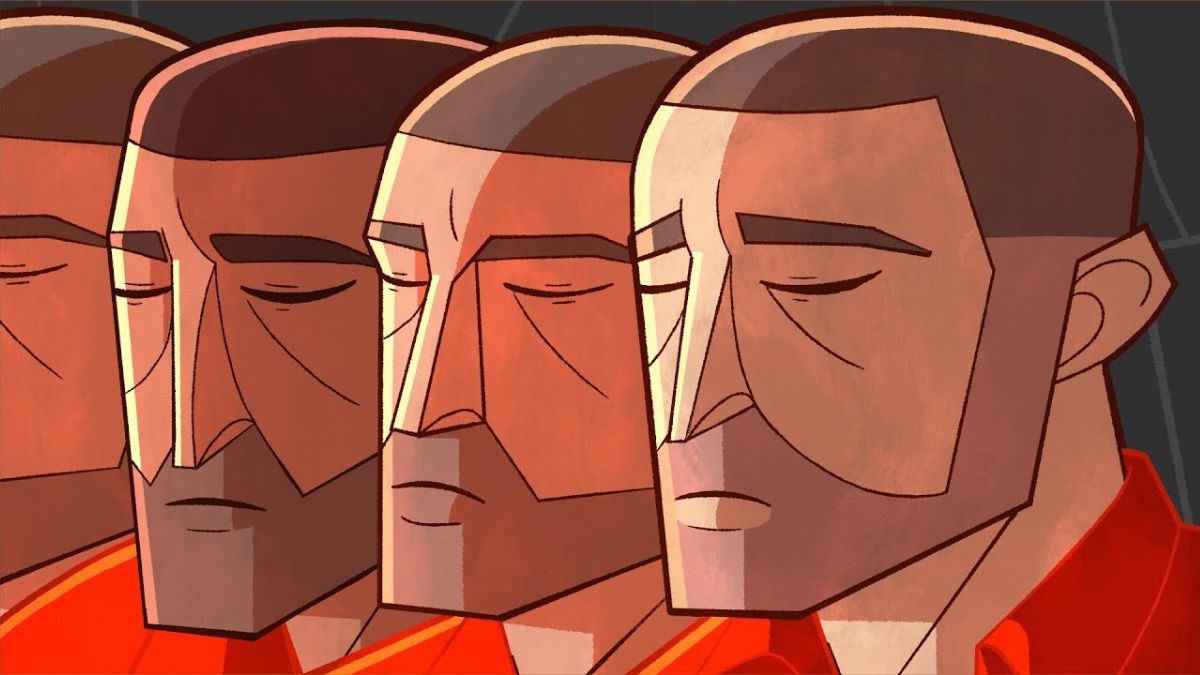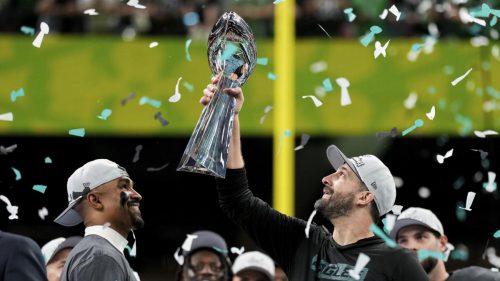

BreakPoint
A Reluctant Hero
It's not very often you have a chance to meet a real hero. I met one during my recent trip to Czechoslovakia: a Catholic priest named Vaclav Maly. Twelve years ago, Father Maly lost his state license to preach. The charges against him? He had talked to young people about religion, and had signed several human rights declarations. Subversive activities, the communist authorities declared. They threw him into jail for 7 months, where he was beaten and tortured. After his release, for nearly 10 years, Father Maly ministered underground. By day, he stoked coal in a hotel and cleaned toilets in the Prague subways. By night, he held small services in the apartments of his friends. But when the revolution began--called the "velvet revolution" because it toppled the communist government without firing a shot--Father Maly was right in the center of it all. It was Maly who led 800,000 people through the streets of Prague and rallied the cheering crowd from a balcony. "Long live Maly!" the crowds shouted. "Long live Maly!" Overnight, Father Maly became a household word. Today, he is a hero in Czechoslovakia, a friend of the president, Vaclav Havel. But he is, as the New York Times puts it, a "reluctant hero." Political fame and influence is his for the taking. But he has turned his back on it all and returned to the Church. "My place," he says, "is in the parish, not in politics." What Czechoslovakia really needs, Father Maly believes, is something politics just can't offer. As he put it, the people "are putting all their hopes in the new president and the new government, but what they need is a change of heart." Yes, the revolution against Communism is a great victory. And yes, democracy is a vastly superior political system. But politics is pursued by people, and the best of systems cannot succeed unless people are trained in the virtues that undergird political life and make it work: integrity, trust, willingness to sacrifice. Training people in virtue is the task of the Church. And that's why Father Maly feels he can do more fundamental work in the Church than in the government. But it won't be easy. Decades of Communist persecution kept Christians out of the public square. In Maly's words, "Psychologically, Christians have been in exile." As a result, Eastern European Christians developed a strong personal faith but have much to learn about how to address social and political problems from a Christian point of view. Well, Vaclav Maly can do the job if anyone can. That was obvious to me when I visited him in his tiny apartment in Prague. Father Maly is a stocky, ruddy-faced man with a boyish face and blazing blue eyes. He greeted me in blue jeans and sandals. I told him I was honored to meet a hero of the revolution. "Oh no," he protested gently. "It wasn't heroic, please. I was just doing my duty." What touching humility. Just doing what God calls me to do --that's how Father Maly views his whole life. Whether it's cleaning toilets in subway stations or leading a political revolution or returning to his parish to train the Church for its new role in the culture. Nothing heroic. Just doing my duty.
10/9/91















